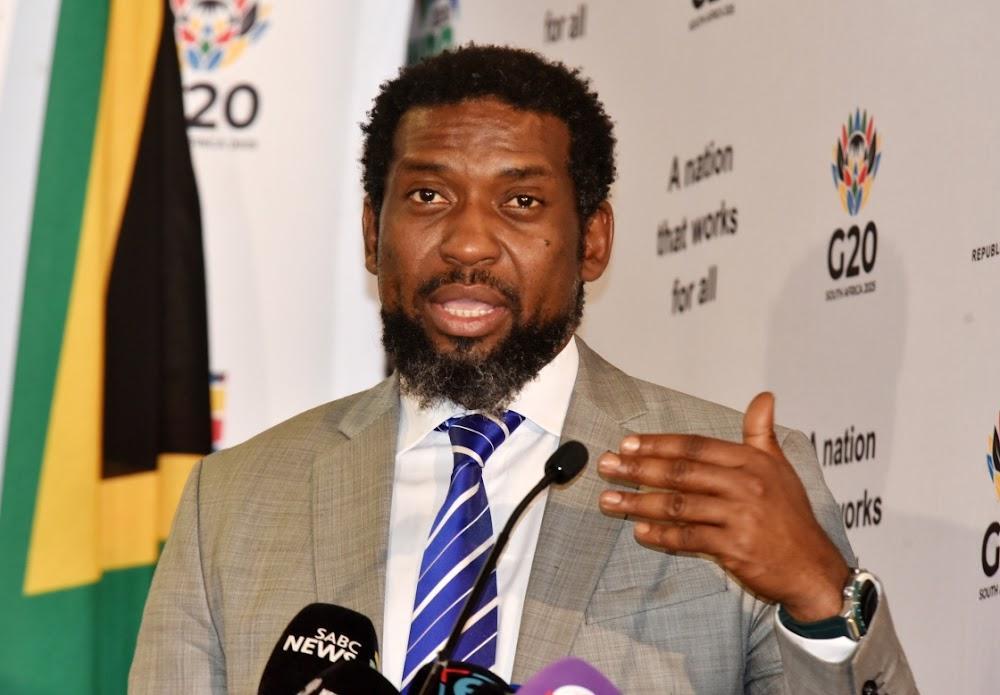Africa-Press – South-Africa. Higher education and training minister Buti Manamela says the department is working to ensure that the 2026 academic year begins “fairly, on time and without unnecessary barriers”.
Speaking in Pretoria on Monday, Manamela said readiness was not “ticking boxes or filing reports”, but about “the lived experience of every student and family in South Africa”.
“It means the bursary systems are working, application processes are clear, institutions are safe and welcoming, infrastructure is in place, and teaching and learning can begin without disruption,” he said.
Manamela acknowledged the pressure on the post-school system, with more matriculants qualifying for university each year. For 2026 about 235,000 first-year university spaces will be available. However, he stressed that universities were not the only option.
“Learners must apply on time, explore multiple options, and recognise that Setas, TVET colleges and CET colleges are equally important pathways to work, skills and further study.”
The department has acted to stabilise the National Student Financial Aid Scheme (NSFAS) after financial challenges in 2025. Funds of R13.3bn were reprioritised to support 34,000 students with blocked registrations and a further 15,000 with second semester registrations.
“This marks a significant moment in the stabilisation of NSFAS for the 2025 academic year,” he said, but warned the scheme remained at financial risk due to growing demand, rising living costs and “declining state resources in real terms”.
NSFAS applications for 2026 will open on Tuesday. “This is the gateway through which hundreds of thousands of young people — especially from working-class and poor households — will be able to realise their dreams of studying,” said Manamela.
The application process has been “simplified and strengthened” through the online myNSFAS portal, with automatic verification through Sassa, Sars and home affairs to cut paperwork.
He urged schools, parents, municipalities and even internet cafes to help pupils apply early. “No deserving student must be left behind.”
Manamela said TVET colleges, with 527,000 spaces in 2026, remained “the engines of industrialisation, entrepreneurship and community development”. He confirmed the department was moving to ensure TVET students were funded on a fee-free basis in line with the Heher Commission’s recommendations.
On CET colleges, which serve about 130,000 learners, the minister said they were being repositioned as “vibrant centres of lifelong learning”, with a stronger focus on skills linked to local economies.
To keep the system stable, Manamela announced the establishment of a “war room” to monitor and resolve issues in real time.
“This war room brings together the leadership of the department, NSFAS, universities, TVET and CET colleges, student formations and quality councils in one space, meeting weekly to resolve challenges as they arise.”
Manamela thanked staff, student leaders and institutions for their work.
“Slowly, but surely we are restoring public confidence in the post-school system. As the Freedom Charter proclaimed, and as our democracy demands, the doors of learning and culture shall be opened — not only in 2026 but for generations to come.”
For More News And Analysis About South-Africa Follow Africa-Press






